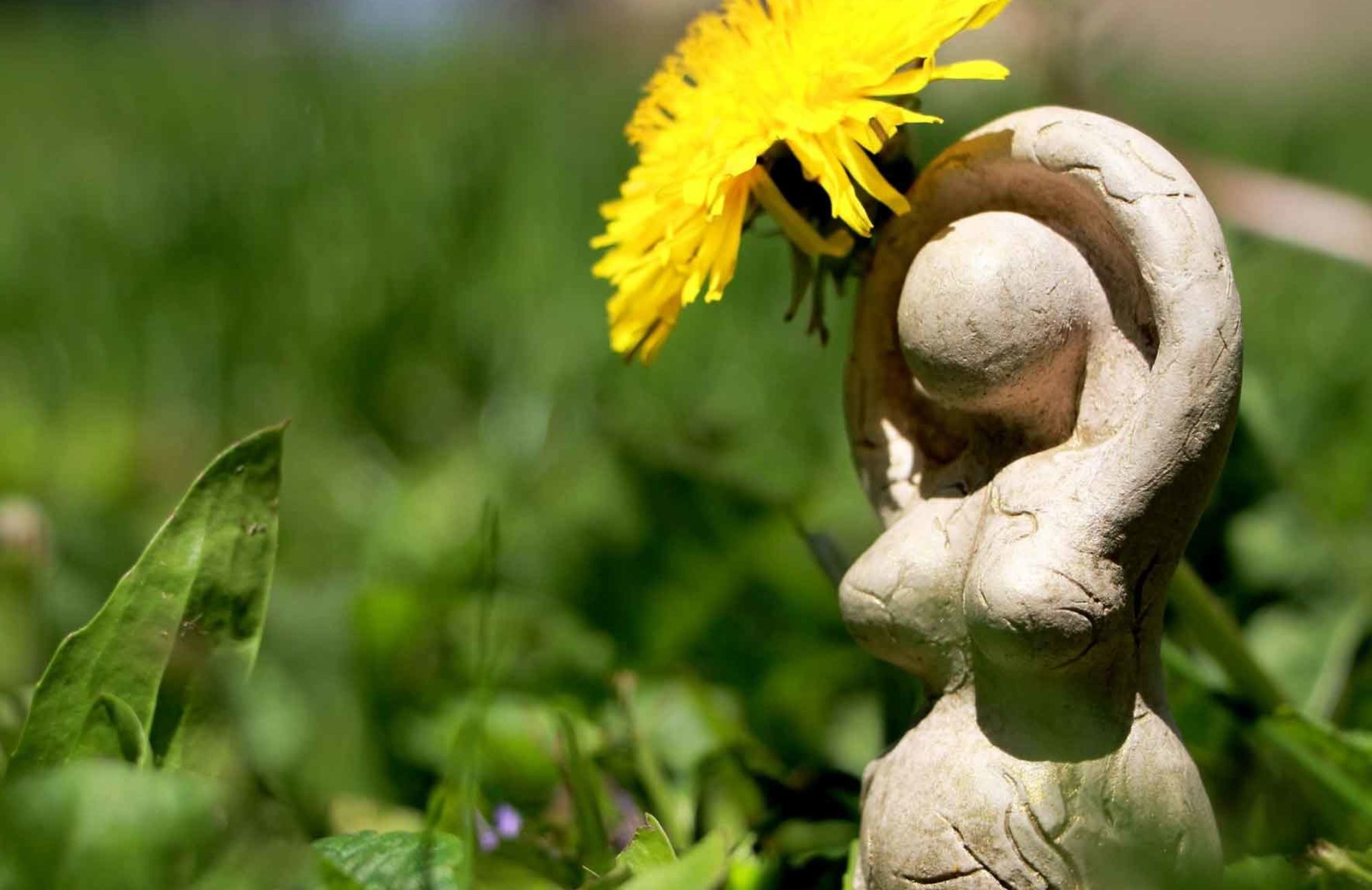Christine Downing Dissertation Fellowship for 2012
OPUS Archives and Research Center is announcing the Christine Downing Dissertation Fellowship for 2012.
This Fellowship carries the name of Professor Downing in acknowledgement of her contribution to the fields of depth psychology and mythology, her many years of teaching at Pacifica Graduate Institute, and her gift to OPUS of her own archival materials. The purpose of the Downing Fellowship will be to award an annual scholarship to dissertation students of any accredited graduate level institution in the fields of depth psychology and mythology. Once awarded, the winning student must use the collections at OPUS for a significant amount of her or his dissertation research.
The archival collections available for research at OPUS include Joseph Campbell, Marija Gimbutas, James Hillman, Jane and Joseph Wheelwright, Christine Downing, Marion Woodman, Adolf Guggenbühl-Craig, and Katie Sanford. Visit our website for more information at www.opusarchives.org
GUIDELINES
Applicants must demonstrate the necessity of substantial on-site use of OPUS’ collections.
Eligible Candidates. Students in doctoral programs writing within the fields of depth psychology and mythology whose proposal and /or first two chapters of the dissertation has been accepted by their dissertation committee. Further, the student must plan to use the collections at OPUS for a significant amount of their research. The fellowship will be awarded September 15, 2012.
Amount and Duration of Fellowship. The fellowship award is $5000. These funds are for one (1) year of research to be conducted between October 1, 2012 and October 1, 2013.
Dates and Deadlines:
Deadline for Submission: June 30, 2012 Notification of Awarded Grants: September 15, 2012
Selection Committees. Proposals will initially be screened by OPUS staff. Final selection will be made by the Fellowship committee which includes Christine Downing, David Miller, Richard Tarnas and Lyn Cowan.If You’re Interested. Please visit our website and review the application and instructions – www.opusarchives.org. If after reviewing these pages you have further questions, please email cddf@opusarchives.org
OPUS Archives and Research Center is a non-profit research center that houses the archives of Joseph Campbell, Marija Gimbutas, James Hillman, Jane and Joseph Wheelwright, Christine Downing, Marion Woodman, Adolf Guggenbühl-Craig, and Katie Sanford. In addition to safeguarding these important resources, OPUS works to foster ongoing research in the fields of depth psychology and mythological





You must be logged in to post a comment.